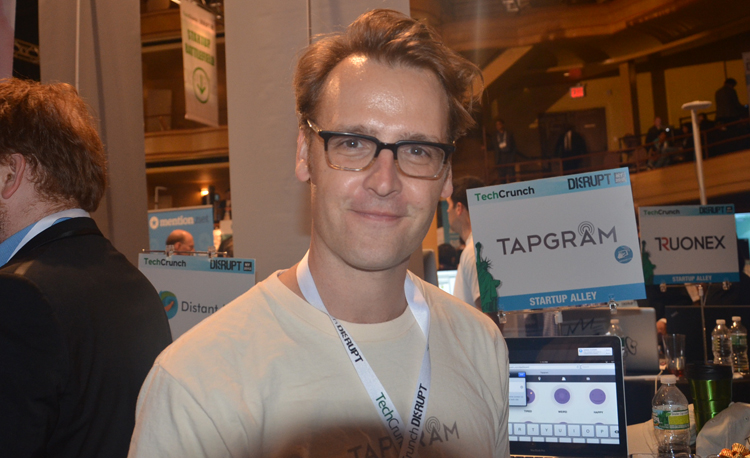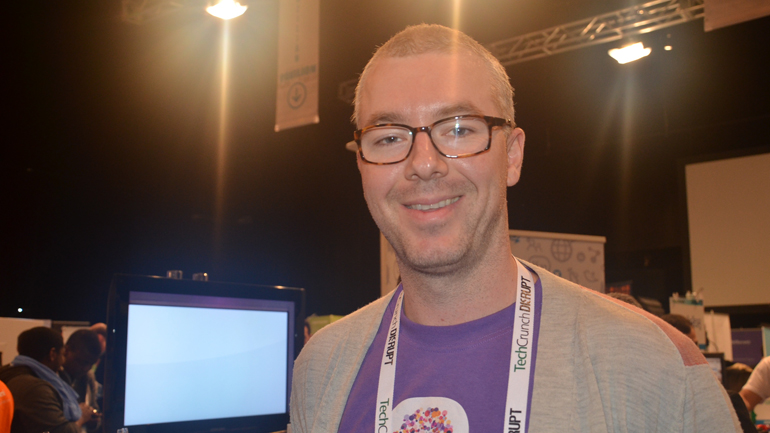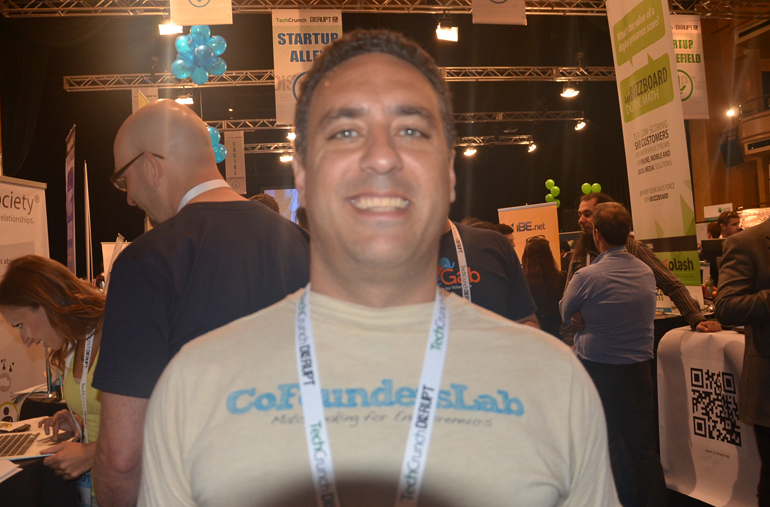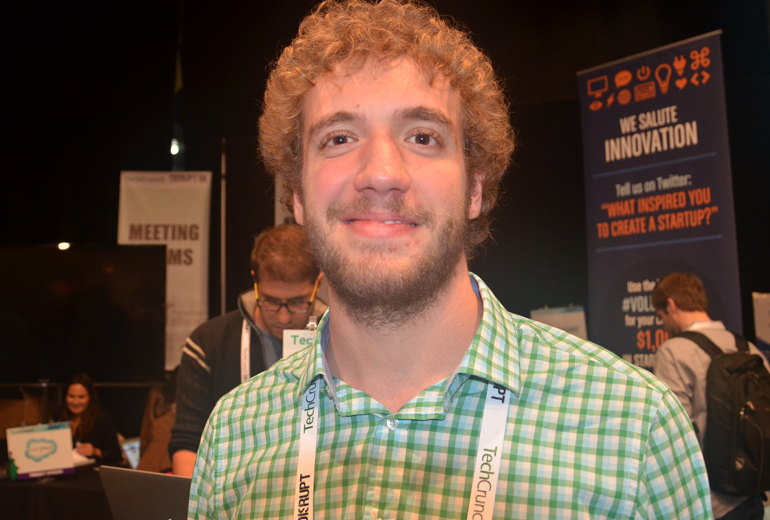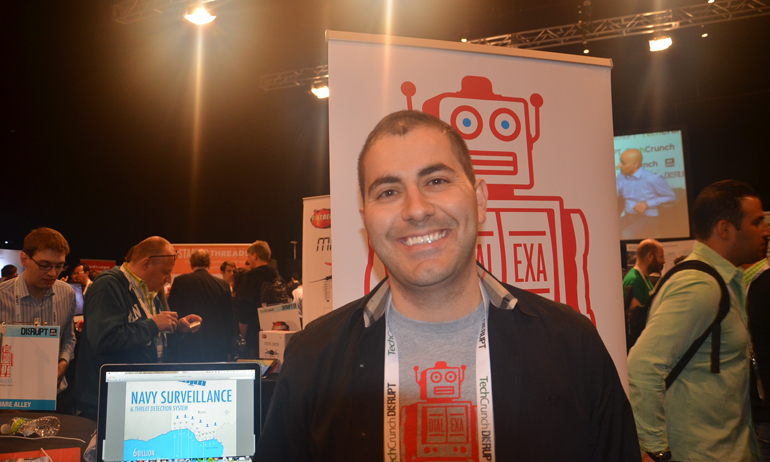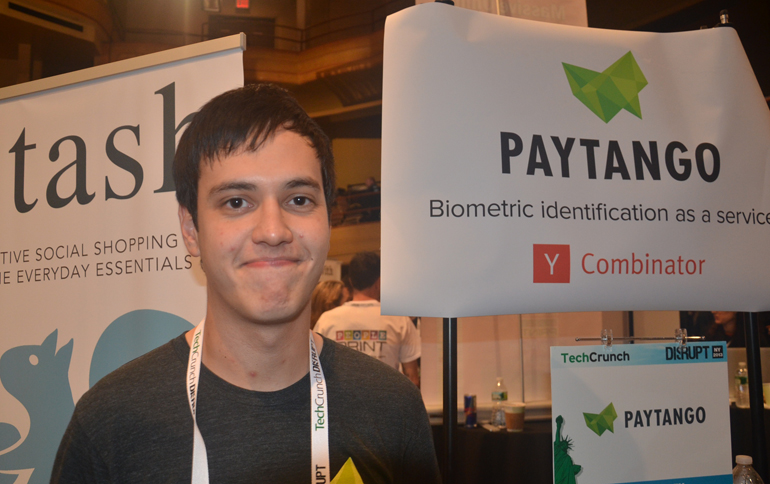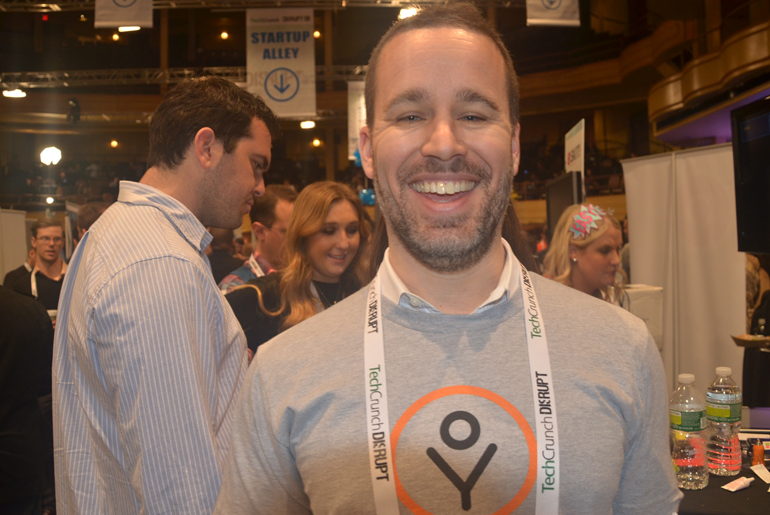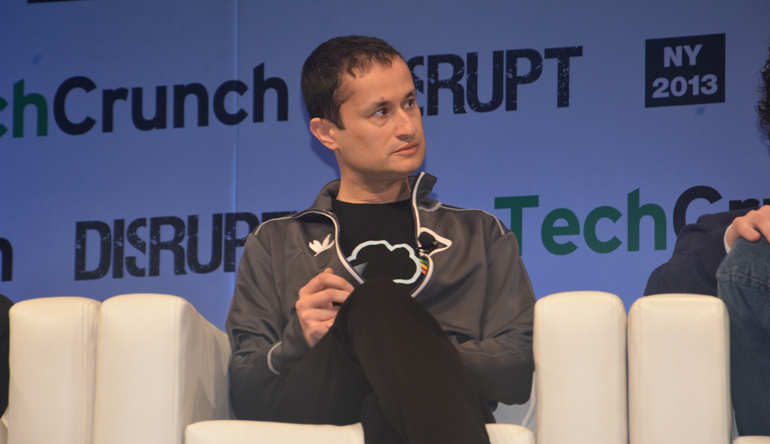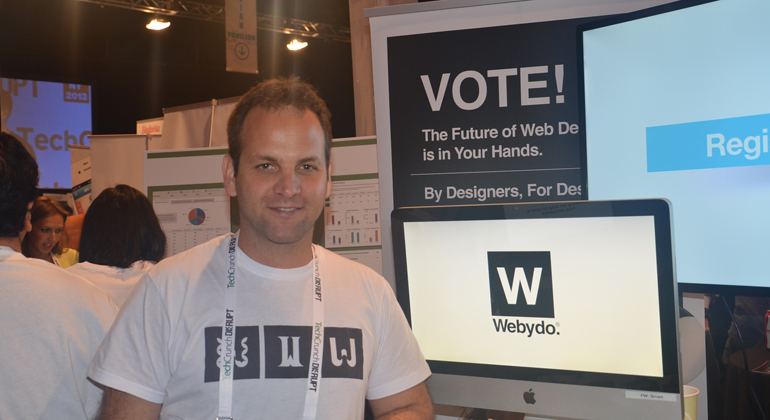 Some of the best graphic designers in the world don’t know a lick about HTML, CSS, Javascript or anything else involved in web development. Unfortunately for many of those designers, their great work can be hacked up quickly when trying to fit the best designs into the limitations of the web.
Some of the best graphic designers in the world don’t know a lick about HTML, CSS, Javascript or anything else involved in web development. Unfortunately for many of those designers, their great work can be hacked up quickly when trying to fit the best designs into the limitations of the web.
Now, thanks to a startup based in both Israel and New Jersey, called Webydo, professional designers can create and manage cross platform websites without knowing one bit of code.
More than 38 million graphic designers currently working to create professional websites are enslaved to an old process that depends on handwritten code. This process is slow, expensive and cumbersome, marginalizing the designer’s role and preventing direct communication between designers and their clients. On the other hand, the DIY platforms offer only preformatted templates that are not suitable for professional web creation.
Webydo solves this problem with a sophisticated DMS (Design Management System) that liberates designers from their dependency on handwritten code or limiting DIY templates. Using the company’s sophisticated online software, designers can bring any creative web design to life. With the click of a button, an advanced HTML website is published online including a friendly built-in CMS (Content Management System) for the website owner. No programming or technical knowledge is needed. With Webydo, DMS plus its CMS integrated system, designers can finally focus on the creative side of web design.
Behind the scenes, Webydo’s innovative code generator (US patent pending) automatically generates both a cross-platform HTML website updated to the latest industry standards and optimized for SEO, and a friendly built-in WYSIWYG CMS that enables the website owner to update the website content, independently.
Webydo is a community driven platform created for designers, by designers who know what they need from a SaaS product like this.
“In essence, Webydo is about unchaining millions of graphic designers from the rusty old ‘designer-programmer-client’ process of designing and managing websites,” said Shmulik Grizim, Webydo’s Co-Founder and CEO. “With Webydo’s powerful cloud platform designers can finally bring any web design to life, without writing code. Now, we want to share this technological innovation with the global design community.”
Webydo launched last week at TechCrunch Disrupt NY 2013 and we got a chance to spend some time with Grizim. Check out the video interview below and for more information visit webydo.com
Now check out over 30 more startup stories from TechCrunch Disrupt NY 2013





